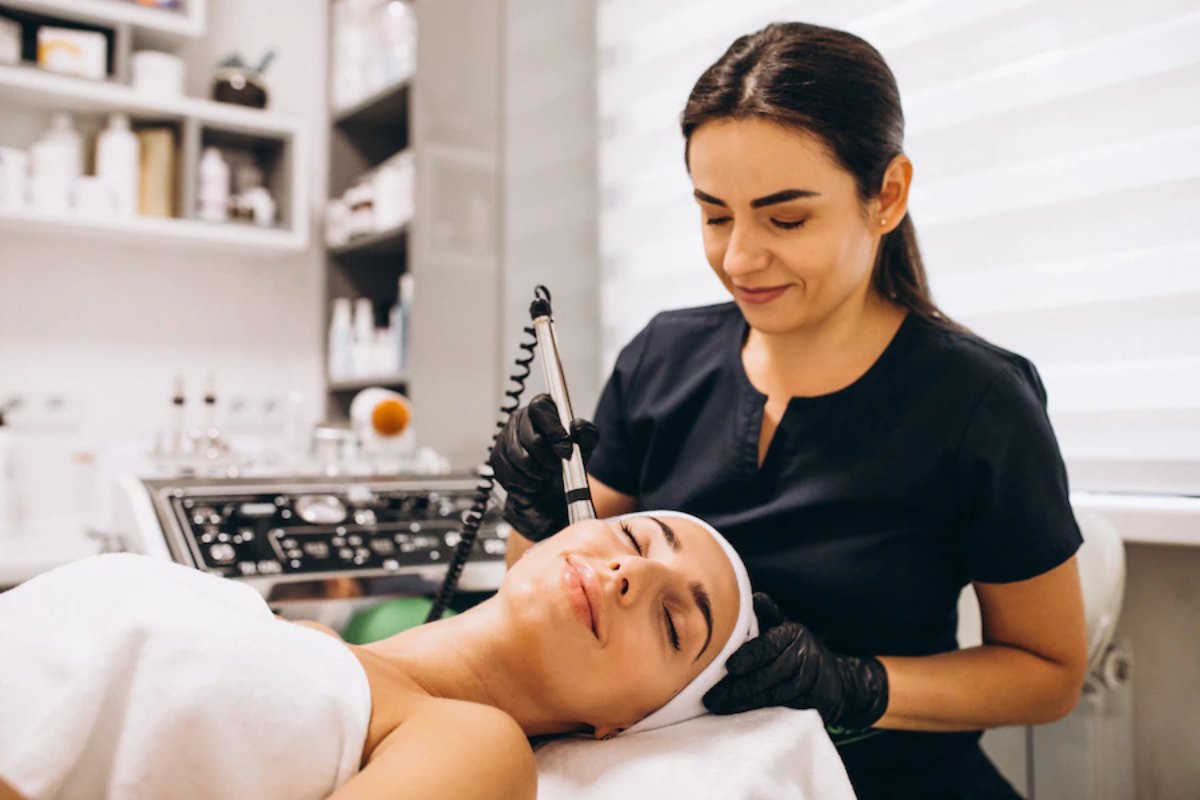As we grow older, it is normal to start showing signs of aging around the face. Most people experience loss of volume around the cheeks and jowls or a general lack of elasticity that causes wrinkles and sagging. Surgical facelifts are the go-to procedure to get rid of aging signs on the face and tighten everything up, giving you flawless, younger-looking skin.
Table of Contents
What Does a Facelift Address?
A facelift improves visible signs of aging, such as
- Jowls in the cheeks and jaw
- Loose skin and excess fat of the neck causing a double chin or turkey neck
- Fat loss
- Relaxation of the fold lines between the nose and corner of the mouth
- Wrinkles
What Accelerates the Signs of Aging Around the Face?
Everyone naturally wants to keep their youthful looks, and we go to great lengths to keep our skin healthy and smooth. Here are a few things that age skin faster.
- Smoking
- Sun damage
- Thinning of the skin
- Loss of facial fat
- Gravity
- Stress
- Genetics
- Loss of facial fat
Procedures That Can Be Done in Conjunction With a Facelift
Most people get several cosmetic procedures done together with a facelift. Some procedures you can get with your facelift include:
- Neck lift
- Brow lift
- Eyelid surgery
- Fillers
If you have an issue with how your nose looks, you can also get that addressed during a facelift procedure.
When getting a facelift, it is important to know what you can and can’t achieve with a facelift. A facelift does not change the fundamental appearance of your face and will not stop your face from eventually aging as you grow older. Your doctor may offer other rejuvenating treatments to help your skin appear youthful.
Are You a Good Candidate for a Facelift?
A non-smoker in good health and reasonable expectations of the results makes a great candidate for a facelift procedure. It is also important not to suffer from conditions that affect the healing process negatively, even if they are just skin conditions.
How Long Does a Facelift Take to Heal?
Recovery after a facelift may take about two weeks before you can resume regular daily activities. Seeing the results in the mirror may take a few more weeks or months. Give yourself time to heal and for the swelling and bruising to go down before fully getting back in the swing of things.
Facelift Recovery
During recovery, you can expect to experience some level of discomfort, pain, swelling, and bruising, especially around the incision sites. These can be managed using medication that your surgeon will prescribe. Avoid using makeup on your face until your incisions have completely healed.
Your surgeon will also give you instructions on changing your dressings and keeping the wound clean to avoid an infection. Depending on the type of facelift you get, your surgeon may install drains to prevent fluid build-up. These will be taken out a few days after the procedure during your post-op consultation. It may take several months for your skin to return to feeling normal again, so be patient.
Facelift Q&As
How can I prepare for a facelift?
To prepare for a facelift, you will first need to quit smoking and discontinue any drugs that affect your healing process, including NSAIDs and blood thinners. If you are taking herbal supplements, your doctor may suggest you stop taking them for a while.
Right before the procedure, do not apply any makeup or moisturizer. Wear comfortable clothing and arrange to have someone take you home after the procedure. This person can also stay with you for a day or two after the procedure to aid in your recovery.
What are some facelift risks and complications?
Some facelift risks and complications include:
- Hair loss
- Blood clots
- Bleeding
- Infection
- Changes in feeling
- Pain or scarring
- Anesthesia risks
- Cardiac events
- Prolonged swelling
- Slow wound healing
These complications rarely happen, and when they do, your doctor will find a way to effectively manage and heal any complications.
What can I do to help improve the results of my facelift?
Here are a few things you can do to boost the effects of your facelift.
- Get plenty of sleep
- Drink lots of water
- Eat a balanced diet and avoid junk food
- Do not smoke or indulge excessively in drugs
- Protect your skin from the sun by using sunscreen
- Moisturize your face daily
Sometimes the first surgery does not achieve the results you desire, so a second surgery may be necessary to get the desired results.
Will insurance cover the cost of my facelift?
Each insurance provider offers different terms, so you should confirm with your insurance provider for further information. However, most health insurance covers will not cover elective cosmetic procedures, so you may have to pay for the procedure out of pocket. Most hospitals have payment plans ready for their patients. Remember, facelift cost in Philadelphia, PA, also varies with different factors including the adjunct procedures, the surgical facility, surgery related expenses, and the surgeon’s experience.

